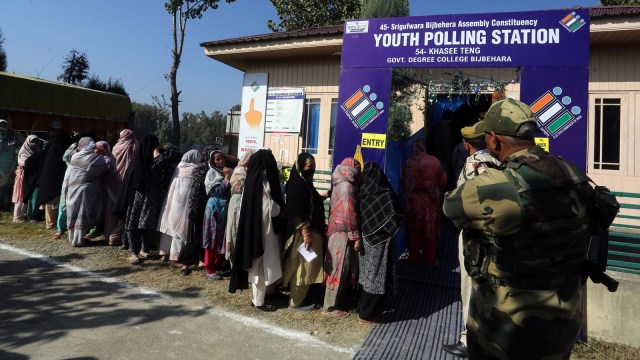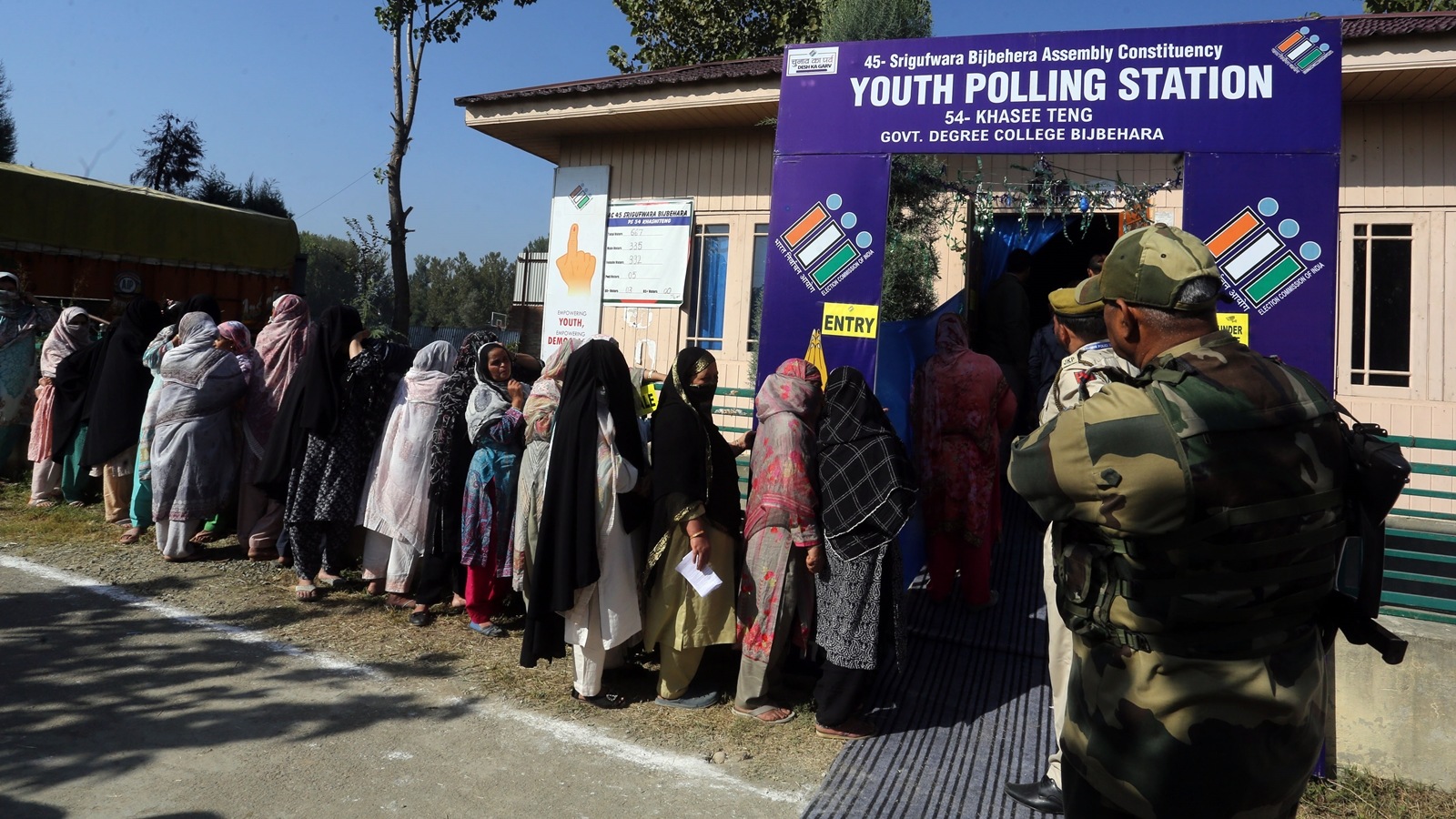
Earlier this week, the Union cabinet met to approve the proposal for One Nation, One Election as laid out by a High-Level Committee headed by former President of India Ram Nath Kovind. The Committee had recommended a two-stage process with elections to the House of the People and state legislative assemblies held together followed by elections to the panchayats and municipal corporations. Though the pros and cons of simultaneous elections have been discussed since when it was first mooted in 2017, the modalities of this exercise along with the constitutionality of such a policy will now need to be analysed. The future of our democracy will be determined by whether the policy of holding simultaneous elections now passes the test of Parliament, constitutional courts or public opinion.
The notion of simultaneous elections was never part of the original constitutional scheme that was set up when India became independent. There was no mention of simultaneous elections, even when the Constituent Assembly discussed extraordinary powers — under Emergency Provisions of the Constitution — providing the President of India with the authority to dissolve elected state governments. It is only fair to conclude that simultaneous elections did not seem logical, prudent or in consonance with our democratic architecture, even for a fledgling republic in 1950.
The first serious signals of holding simultaneous elections emerged from the President’s Address delivered by Pranab Mukherjee on the eve of Republic Day in 2017. In the speech, the then President, speaking for the Union government led by Prime Minister Narendra Modi, called for a “constructive debate on electoral reforms” and a “return to the practice of the early decades after Independence when elections to Lok Sabha and state assemblies were held simultaneously”. However, the President went on to say that it “is for the Election Commission to take this exercise forward in consultation with political parties”. In contrast, in its second term, the Union government under PM Modi usurped this power from the Election Commission and appointed a High-Level Committee to look into the issue.
The very idea of free and fair elections is at stake and it is a matter of deep concern and considerable anxiety, related to the Constitution’s Basic Structure, that the fundamentals of the country’s election process are being modified by a committee set up by the government, not the Election Commission of India. It remains to be seen whether the Election Commission, a constitutional authority created to be independent of political regimes, will fight for its constitutionally guaranteed space or meekly give in to the whims of the executive.
Dehors the role of the Election Commission of India, the High-Level Committee itself must be questioned for the very fact that it did not represent India’s diversity, it didn’t reflect the concerns of states and failed to have the expertise required to understand the constitutional and legal issues attendant to this issue. The proposed scheme of recommendations of the High-Level Committee states that a two-step process should be adopted. In the first step, simultaneous elections to the House of the People (Lok Sabha) and state legislative assemblies must be held and the second step — which needs to take place within a hundred days — would include elections to all rural and urban local bodies.
This scheme further proposes that in case governments are dissolved before the completion of their full term, a separate mid-term election should conducted to put in place a government only for the unexpired period — what remains of the full term. Such a commitment is egregious coming from a Union government that dissolved the elected state government of Jammu and Kashmir in 2018 and did not hold elections for more than five years. Equally outrageous claims are made in the scheme that amendments concerning the term of the state legislative assemblies under Article 172 of the Constitution can be carried out without the ratification of states.
It is expected that the scheme, in its entirety and for several of its contravening portions, would be challenged in courtrooms across the country. However, the strongest challenge must emanate from the halls of Parliament and ultimately, the arena of public opinion. The bills seeking amendments to the Constitution and the Representation of People Act ought to bring out the best in our parliamentary processes. This is not the time for grandstanding or sloganeering. All political parties and persons who are indebted to the diversity of the country and the federal structure of the Constitution must speak in one voice against simultaneous elections. The future of free and fair elections is at stake.
The writer is spokesperson, Dravida Munnetra Kazhagam and an advocate practising before the High Court of Madras



